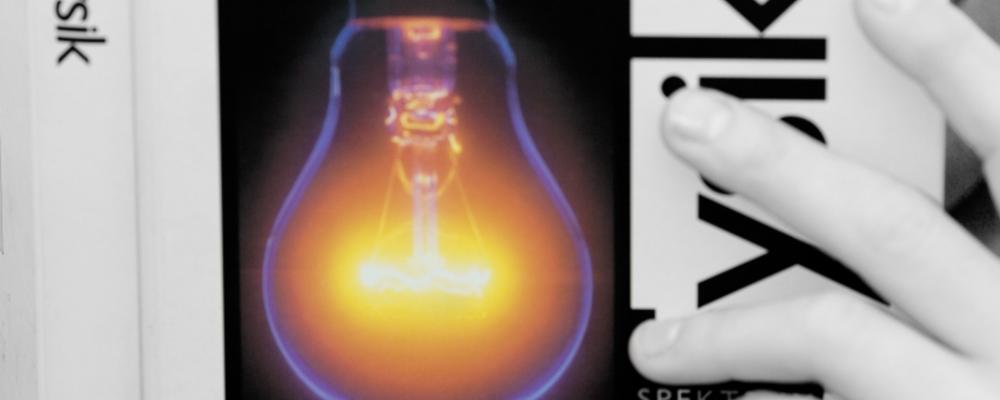In discussions about teachers’ professional development, there is a basic assumption that if only teachers were able to sit down and talk about their teaching, this would promote development.
"But my own experience as a school teacher tells me it is not that simple. This made me curious to analyse what happens in teachers’ conversations about science teaching and the development opportunities they offer,” says Marlene Sjöberg.
Marlene Sjöberg conducted two studies, one following a team of science teachers at a middle school, and the other a group of student teachers on a one-year complementary teacher education programme specialising in science. Both groups were given time to talk about their own experiences with a focus on the content of the teaching and what they wanted the students to learn about science.
The results show that conversations about teaching create opportunities for professional development for both individuals and their colleagues. However, this potential varies depending on the nature of the conversation. Marlene Sjöberg identifies four discussion characteristics based on the dimensions of individual/group conversations and instrumental/complex pedagogical content. For example, an individual may be able to express complex ideas about the content, based on their own experience, without others in the group interacting at a deep level. This may be meaningful for the individuals, but it is not enough to deliver wider collegial development among all the teachers. Or everyone in the group may get involved in the conversation, but only to talk about one aspect of their teaching, which makes the discussion instrumental and less developmental.
“I highlight the opportunities for both individual and collegial learning that are inherent in conversations about science teaching. Contemporaneity in complex pedagogical content and deep interaction between the participants is essential for collegial professional development, but this cannot be taken for granted. Although it occurred in both groups, it was not what characterised the conversations as a whole.”
